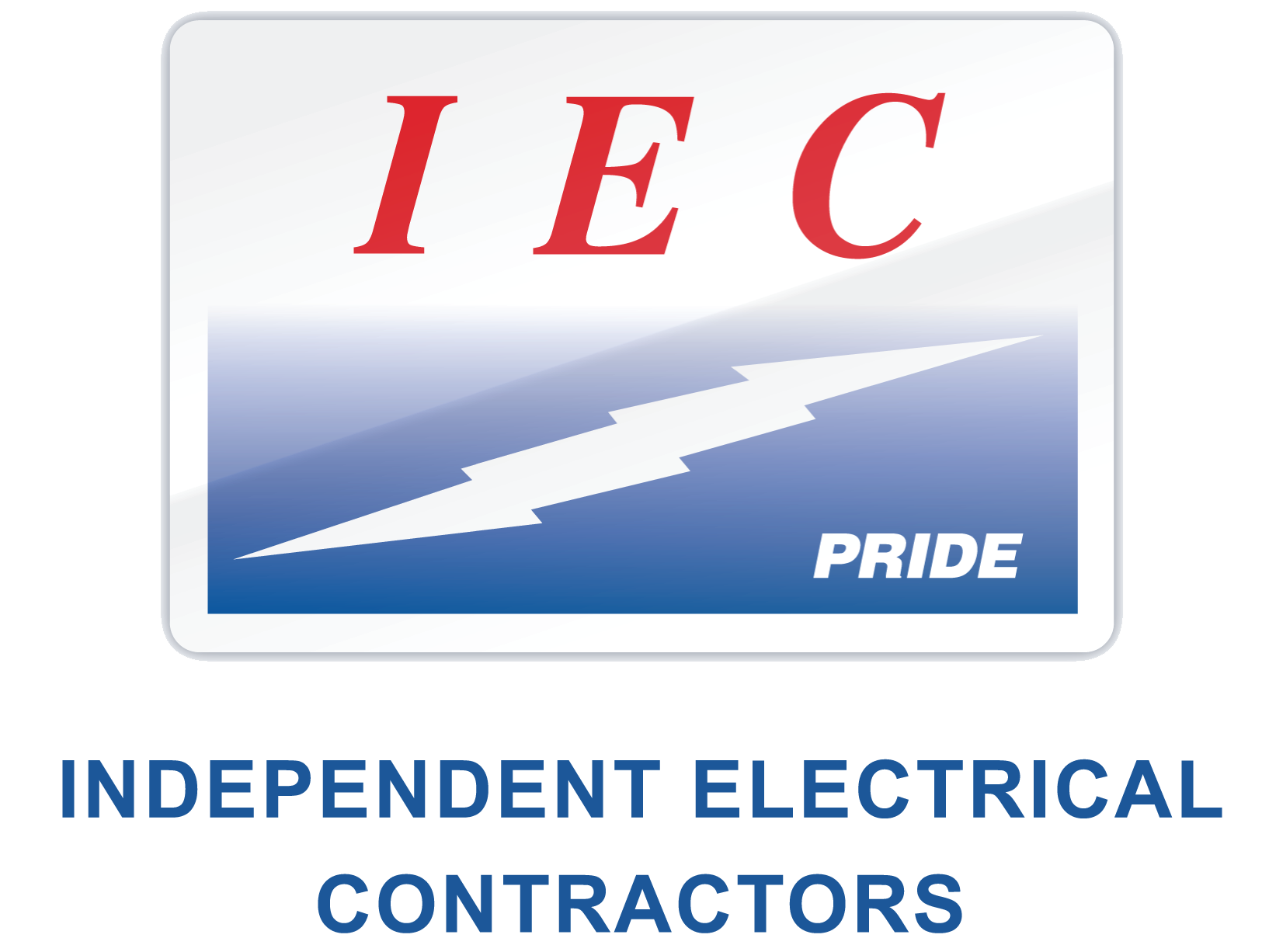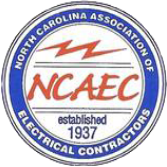
Telecommunications
 In the Telecommunications Industry, electrical control panels play a crucial role in ensuring the seamless operation, monitoring, and control of various equipment and systems. These panels serve as centralized hubs for managing electrical power distribution, communication networks, and other critical infrastructure components. Here are several aspects to consider when exploring the use of electrical control panels in the Telecommunications Industry:
In the Telecommunications Industry, electrical control panels play a crucial role in ensuring the seamless operation, monitoring, and control of various equipment and systems. These panels serve as centralized hubs for managing electrical power distribution, communication networks, and other critical infrastructure components. Here are several aspects to consider when exploring the use of electrical control panels in the Telecommunications Industry:
- Power Distribution and Management:
-
- Electrical control panels are responsible for distributing power to different telecommunications equipment, such as servers, routers, switches, and communication devices.
- Power management systems within the control panels help optimize energy usage, ensuring efficient operation and minimizing power-related issues.
-
- Remote Monitoring and Control:
-
- Telecommunications infrastructure is often widespread, and control panels enable remote monitoring and control of equipment. This is essential for efficient management and troubleshooting.
- Advanced control panels may include telemetry systems that provide real-time data on power consumption, temperature, and other vital parameters.
-
- Emergency Response and Safety:
-
- Electrical control panels incorporate safety features to protect equipment from electrical faults and to ensure the safety of personnel working with or around the systems.
- Emergency shutdown systems can be implemented within these panels to quickly isolate faulty sections of the network in the event of a critical issue.
-
- Integration with Communication Networks:
-
- Control panels are integrated with communication networks to enable seamless communication between different components of the telecommunications infrastructure.
- Communication protocols within the panels facilitate the exchange of data between equipment, allowing for coordinated actions and responses.
-
- Backup Power Systems:
-
- Telecommunications networks require high levels of reliability. Electrical control panels are often equipped with backup power systems, such as uninterruptible power supplies (UPS) or generators, to ensure continuous operation during power outages.
-
- Environmental Control:
-
- Telecommunications equipment generates heat, and electrical control panels often include systems for temperature control and ventilation. This helps in maintaining optimal operating conditions for the sensitive electronic components.
-
- Scalability and Flexibility:
-
- The telecommunications industry is dynamic, with evolving technologies and expanding networks. Electrical control panels are designed to be scalable and flexible, allowing for easy integration of new equipment and technologies as the network grows.
-
- Compliance and Standards:
-
- Control panels in the telecommunications industry need to adhere to specific standards and regulations. Compliance with safety, environmental, and industry-specific standards is essential to ensure the reliability and security of the entire network.
-
In summary, electrical control panels serve as the nerve center of telecommunications infrastructure, providing the necessary control, monitoring, and safety features for the reliable and efficient operation of networks. Their design and functionality are critical in supporting the evolving and expanding nature of the telecommunications industry.
Our Industries
- Agricultural Industry
- Automotive Manufacturing
- Chemical Laboratories
- Chemical Processing Industry
- Data Centers
- Educational Institutions
- Entertainment and Broadcasting Industry
- Food and Beverage Processing Industry
- Manufacturing Industry
- Medical Equipment Manufacturing Industry
- Mining and Minerals Processing Industry
- Oil and Gas Industry
- Pharmaceutical Manufacturing Industry
- Pulp and Paper Manufacturing Industry
- Rail Transportation Industry
- Renewable Energy Industry
- Research Laboratories
- Telecommunications Industry
- Textile Industry
- Transportation Industry
- Water and Wastewater Treatment
- Controls Services MAIN PAGE >












